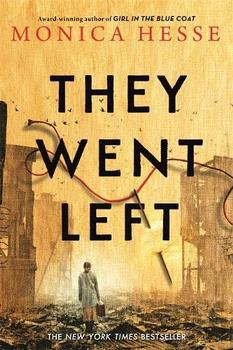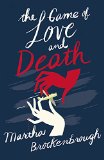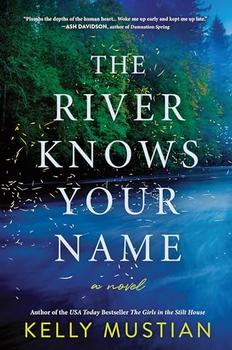Summary | Excerpt | Reviews | Beyond the book | Read-Alikes | Genres & Themes | Author Bio

When Moshe’s emigrates to Paris in the 1930s, it means a new life: A decent job, a lovely young wife, and a hobby as an amateur boxer. Until the day he is rounded up and sent to Auschwitz. There he is tortured, starved, asked to entertain Nazi soldiers by boxing against dying prisoners. Moshe wants to survive without killing his comrades, but how?
Moshe Wisniak grew up malnourished and fatherless outside Warsaw at a time when Jews and Poles lived in poverty and violence. When Moshe’s brothers emigrate to Paris in the 1930s, it means a new life for the whole family, who follow soon after. A decent job, a lovely young wife, and a hobby as an amateur boxer vastly improve Moshe’s prospects until the day he is rounded up and sent to Auschwitz. There he is tortured, starved, and most shockingly, asked to entertain Nazi soldiers by boxing against dying prisoners.
Moshe wants to survive without killing his comrades, but how? Based on the memoir of his family friend, Jean-Jacques Greif has taken the facts and turned them into a gripping novel about life and death in Auschwitz.
The Fighter has proved very popular in France (where it was first released) as a book to accompany the study of World War II during the first year of High School. Unlike some books chosen for reading in school, it also resonates with young readers: In 2000, it won the five main literary prizes given by French students!..continued
Full Review
(918 words)
This review is available to non-members for a limited time. For full access,
become a member today.
(Reviewed by BookBrowse Review Team).
Jews became a significant part of the Polish population in the 14th century
when they were offered a safe haven by King Casimir the Great after being
expelled en masse from much of Western Europe (including England, Spain, France
and Germany). By the 18th century about 750,000 Jews lived in Poland,
representing about 7% of the Polish population and about two-thirds of
the world's Jewish population (then estimated at 1.2 million).
However, the presence of Jews had always been a source of tension amongst
the Catholic majority, and from the late 18th century anti-Semitism steadily
increased. Of course, there were also groups that opposed anti-Semitism,
but by the 1930s the anti-Semitic forces had by far ...
This "beyond the book" feature is available to non-members for a limited time. Join today for full access.

If you liked The Fighter, try these:

by Monica Hesse
Published 2021
A tour de force historical mystery from Monica Hesse, the bestselling and award-winning author of Girl in the Blue Coat.

by Martha Brockenbrough
Published 2015
Not since The Book Thief has the character of Death played such an original and affecting part in a book for young people.



It is always darkest just before the day dawneth
Click Here to find out who said this, as well as discovering other famous literary quotes!